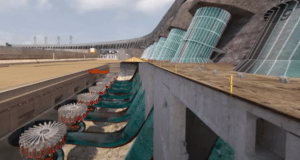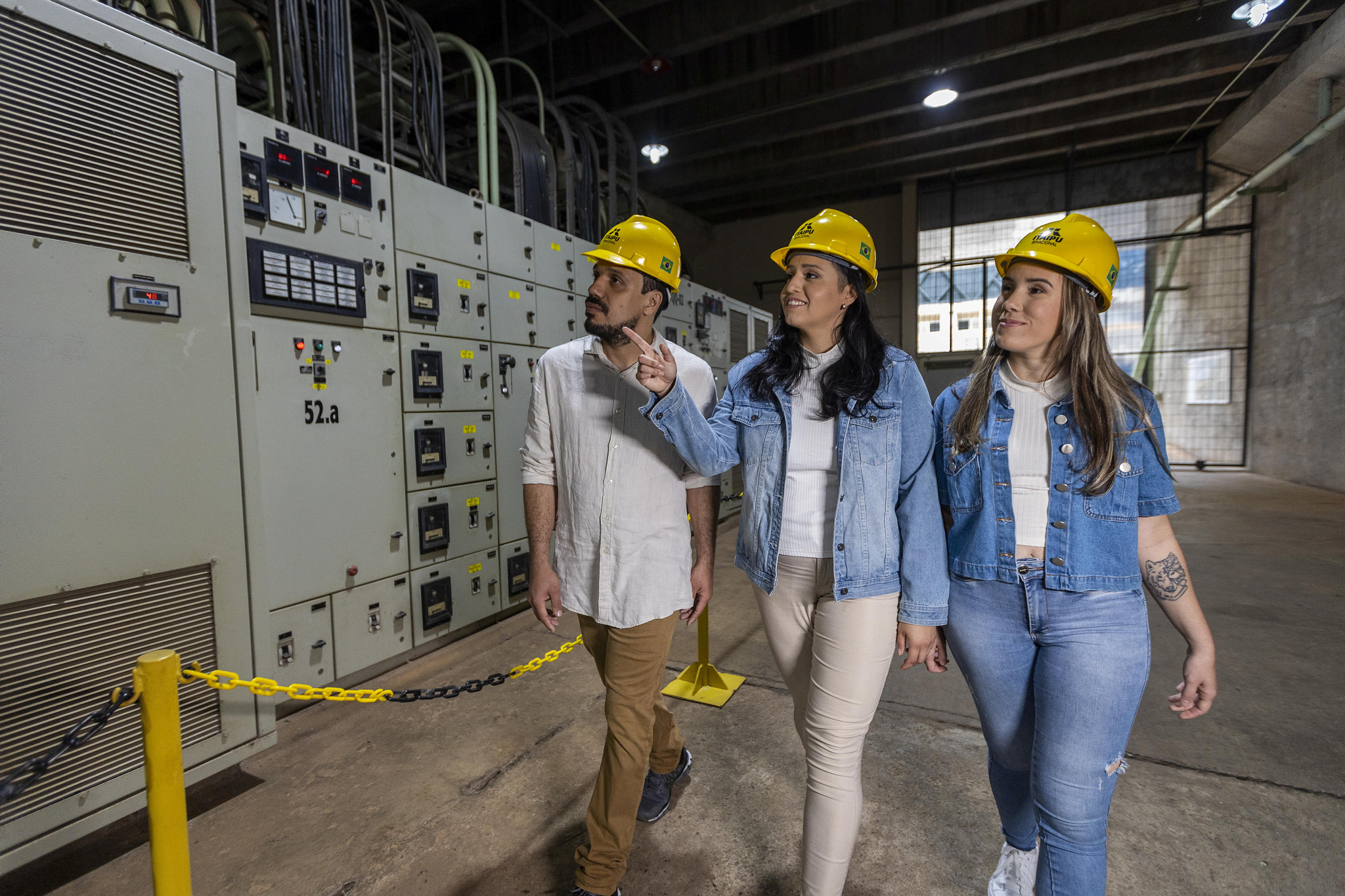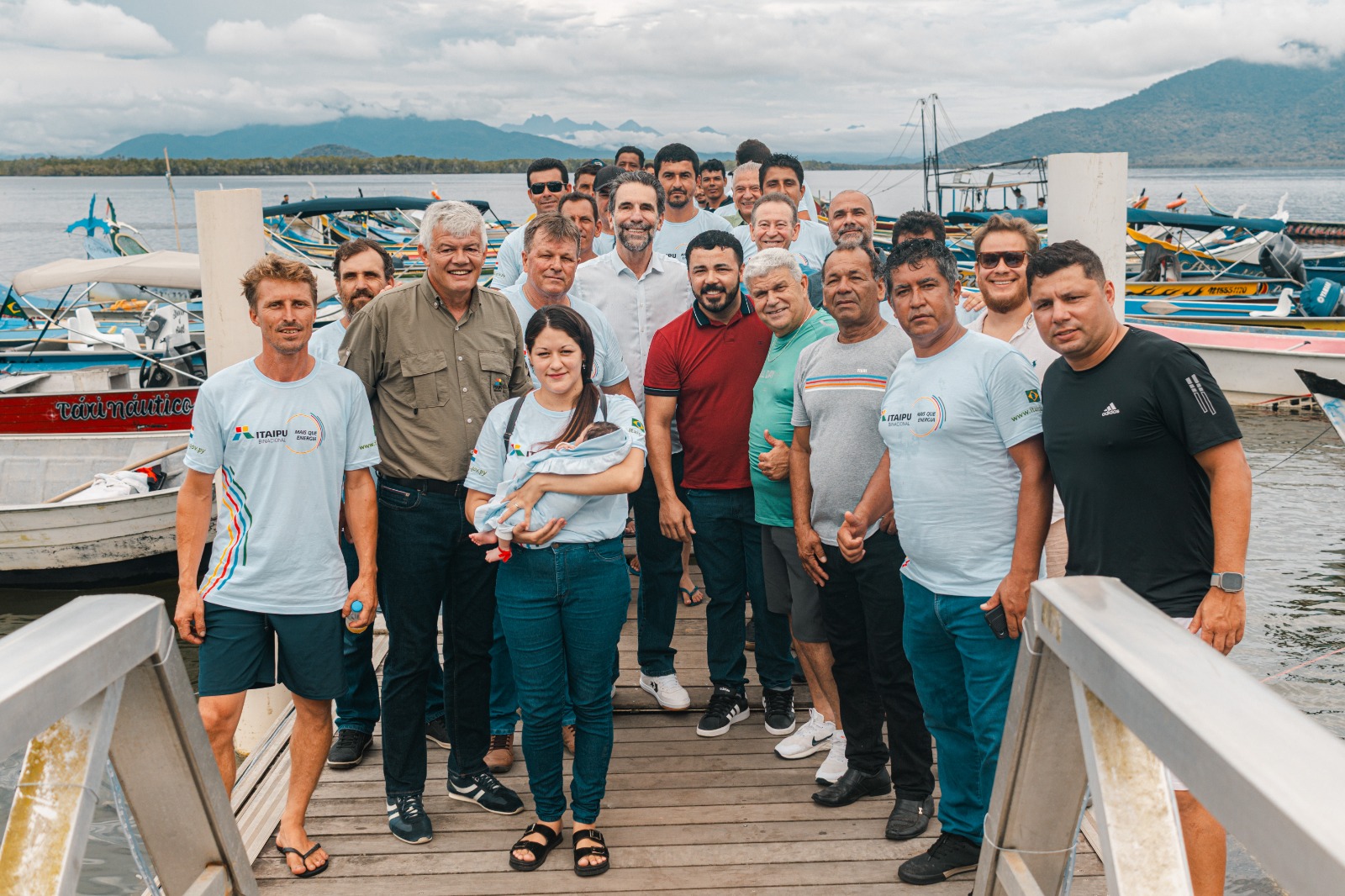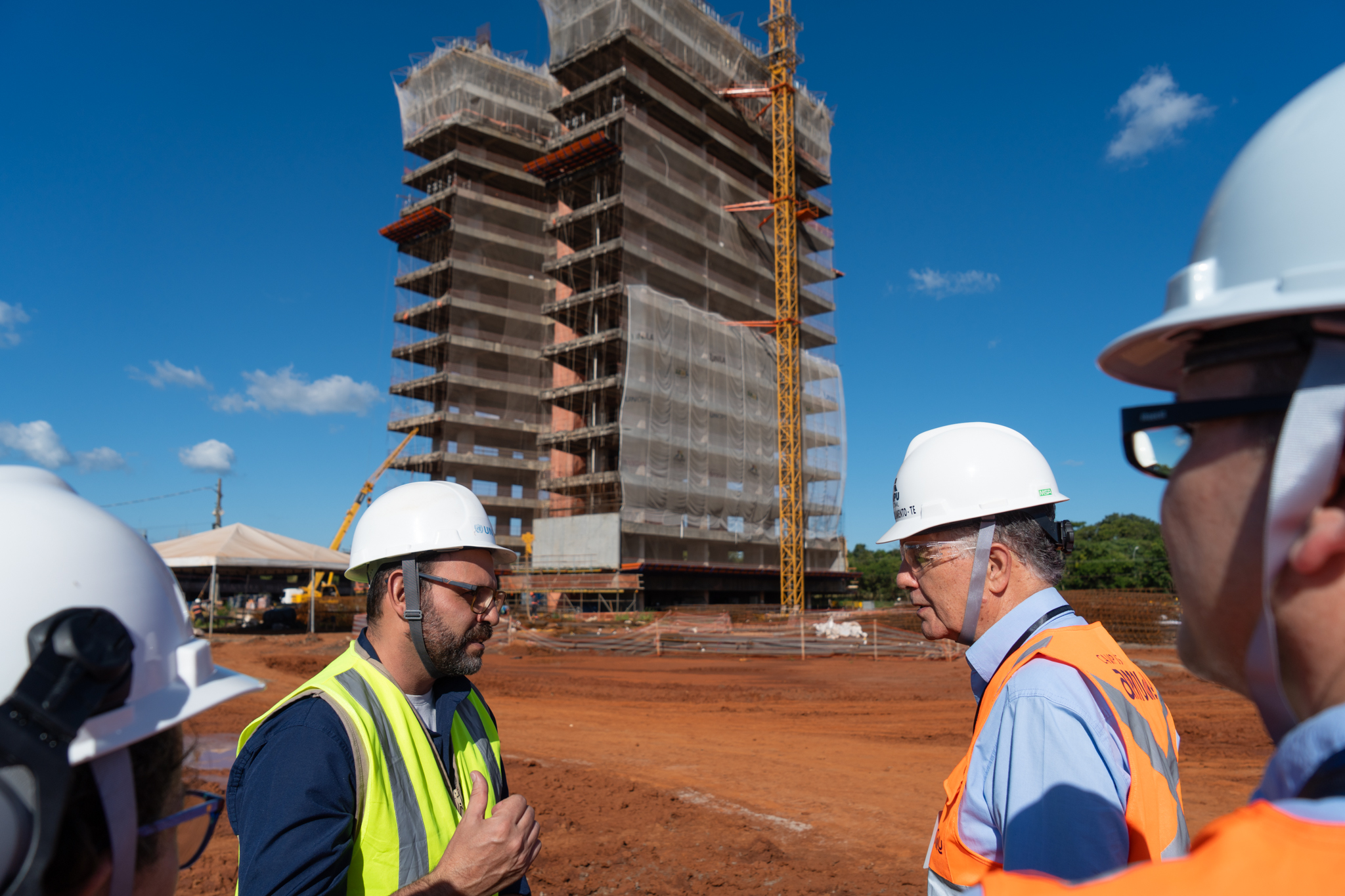Foz do Iguaçu will host Paraná’s first experimental Hydrogen production plant, the second one built on Brazil’s Southern Region. The construction started earlier this month, on a 2 thousand square meters area inside the Parque Tecnológico Itaipu (PTI). The production is expected to start before the end of 2013.
This results from a collaboration among Itaipu Binacional, Eletrobras and Fundação Parque Tecnológico Itaipu (FPTI), and was developed with the support of Centro Nacional de Referência em Energia do Hidrogênio (CENEH) of Universidade Estadual de Campinas (Unicamp).
Apart from the experimental plant, the partnership with Eletrobras (signed October 2011) hás already made possible installing a Hydrogen Research Center – Núcleo de Pesquisa em Hidrogênio (NUPHI), also at PTI. Researchers and fellow-researchers were already hired to work for NUPHI.
Brazilian coordinator of the Internal Comission for Energy Conservation (Cice), engineer Marcelo Miguel, from Itaipu, said those studies will make it possible for the binational company, in the future, to work with the energy currently not being generated by surplus water in the reservoir to supply a large central hydrogen production.
The same production model may be used by other hydropower plants in the country, creating possibilities for new business units within the electric sector. “Hydrogen could prevent Itaipu from wasting water through the spillway, increasing its energy efficiency in up to 6% , and becoming a reference in the Eletrobras system for this technology application”, he said.
Studies conducted by Núcleo de Pesquisa em Hidrogênio (NUPHI) may be tested on the new experimental plant – that will have a built area of 180 square meters. The unit’s main piece of equipment is called electrolyzer, and was purchased through an international bidding. It is currently being manufactured by Italy’s H2Nitidor.
This equipment allows hydrogen production through electrolysis, that is, water’s chemical elements (hydrogen and oxygen) separation.
According to Ricardo José Ferracin, coordinator for Núcleo de Pesquisas em Hidrogênio (NUPHI), the center’s main goal is to assess the hydrogen life’s cycle, including steps of production, purification, compression, storing, quality control, transportation and final usage in cells, fuel and others. There is also another research front, studying hydrogen production from algae.
The center also intends to promote interaction between hydrogen and the Electric Vehicle Program – Programa Veículo Elétrico (VE) – using hydrogen cells to supply part of Itaipu’s car fleet. “Hydrogen has the prospect of entering [Brazil’s] energy matrix until 2050, especially in the transport segment”, Ferracin explains. He is also responsible for the experimental production plant.
Apart from H2Nitidor and Hytron (Unicamp’s spin-off), the Center has also signed deals with institutions such as Universidade Estadual do Oeste do Paraná (Unioeste), Universidade Federal da Integração Latino-Americana (Unila), Universidade Federal de São Carlos (UFSCar) and Universidade Nacional de Missiones (UNAM), from Argentina.
Hydrogen is an element abundant in nature, with high energy density and carbon-free – which is relevant to avoid global warming. In other words, it’s an economically viable and environmentally aware option. The range for its potential use is very wide. Stored in large cylinders as gas or small fuel cells, hydrogen can generate energy for houses, industries, electric vehicles or even as battery for mobile phones.
















